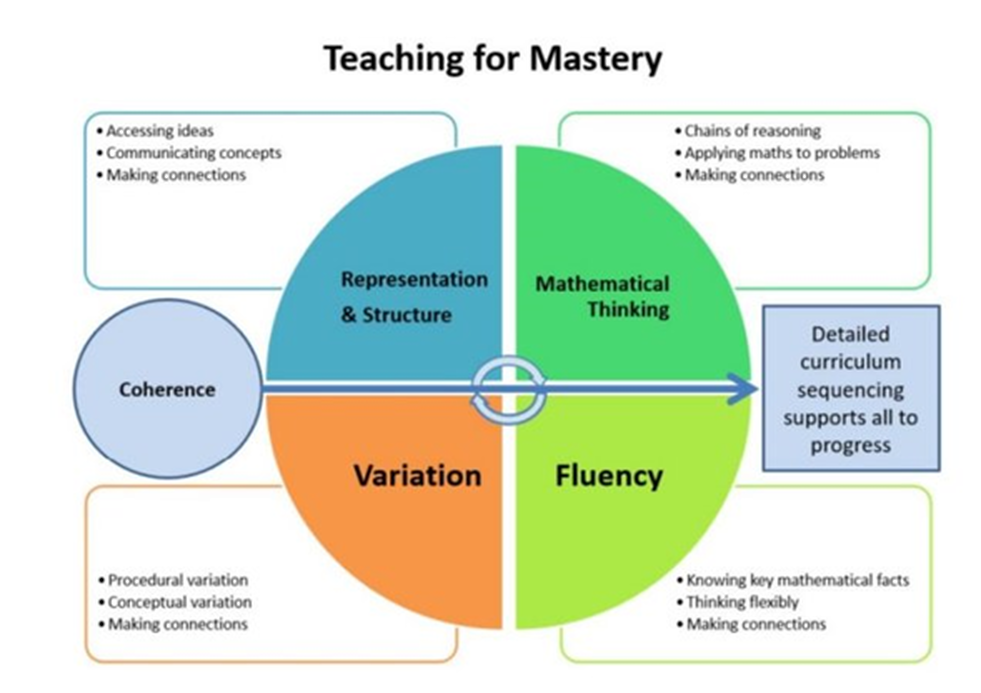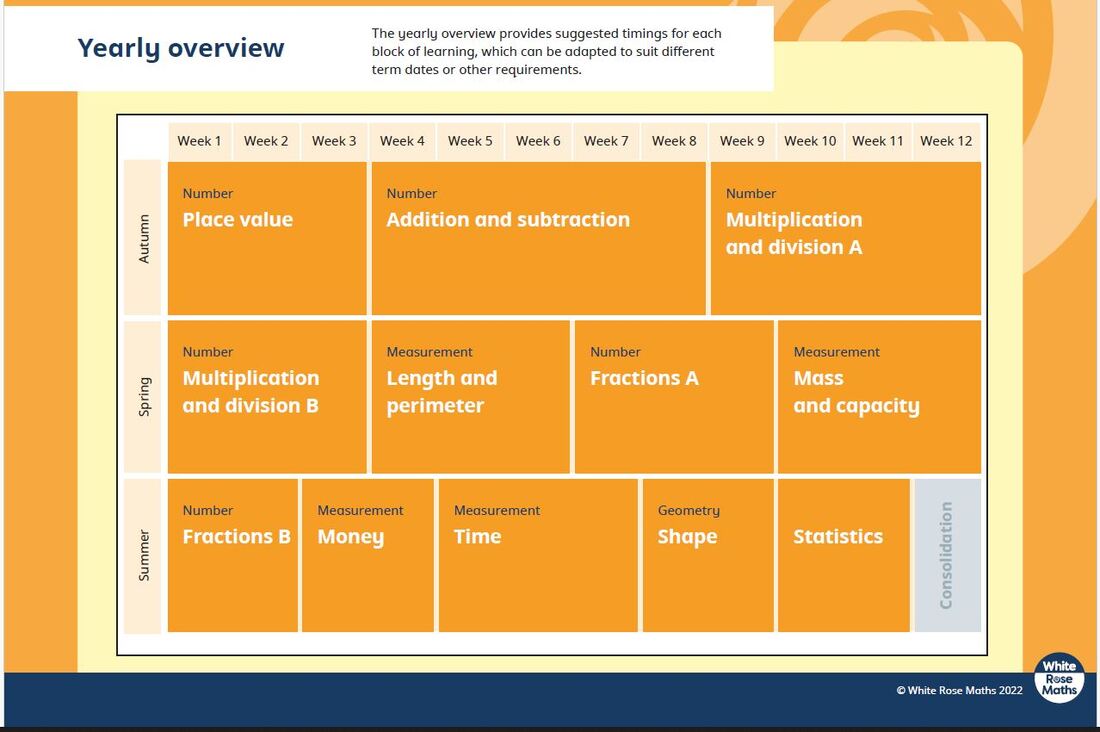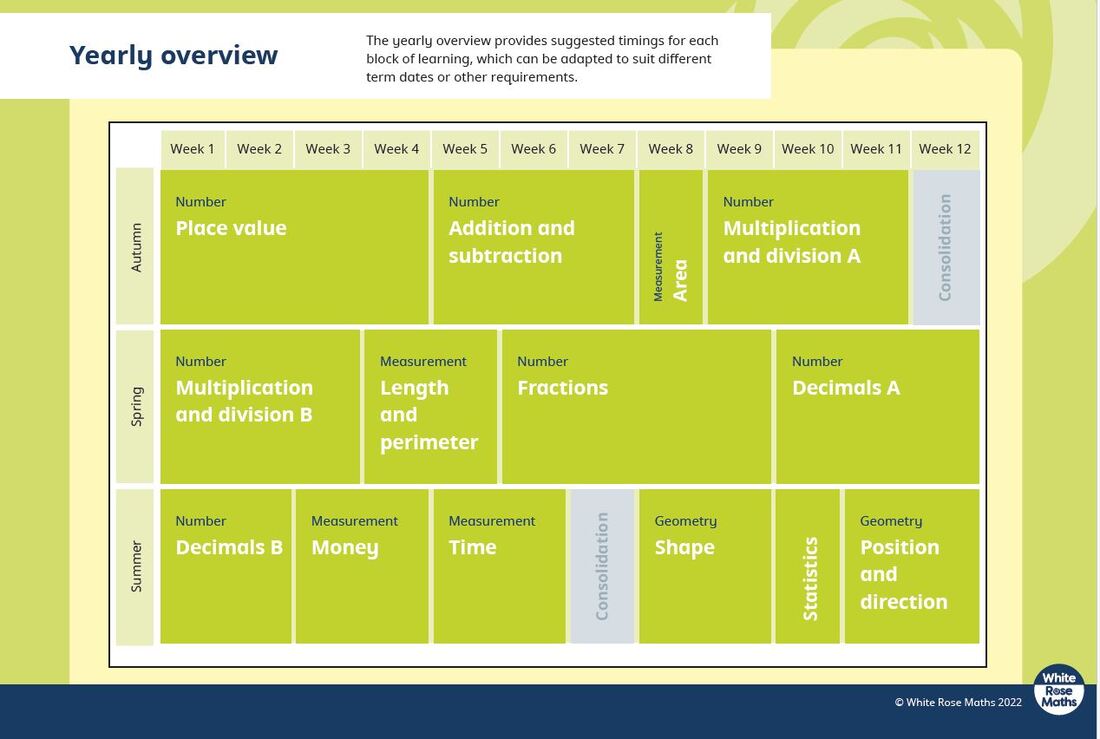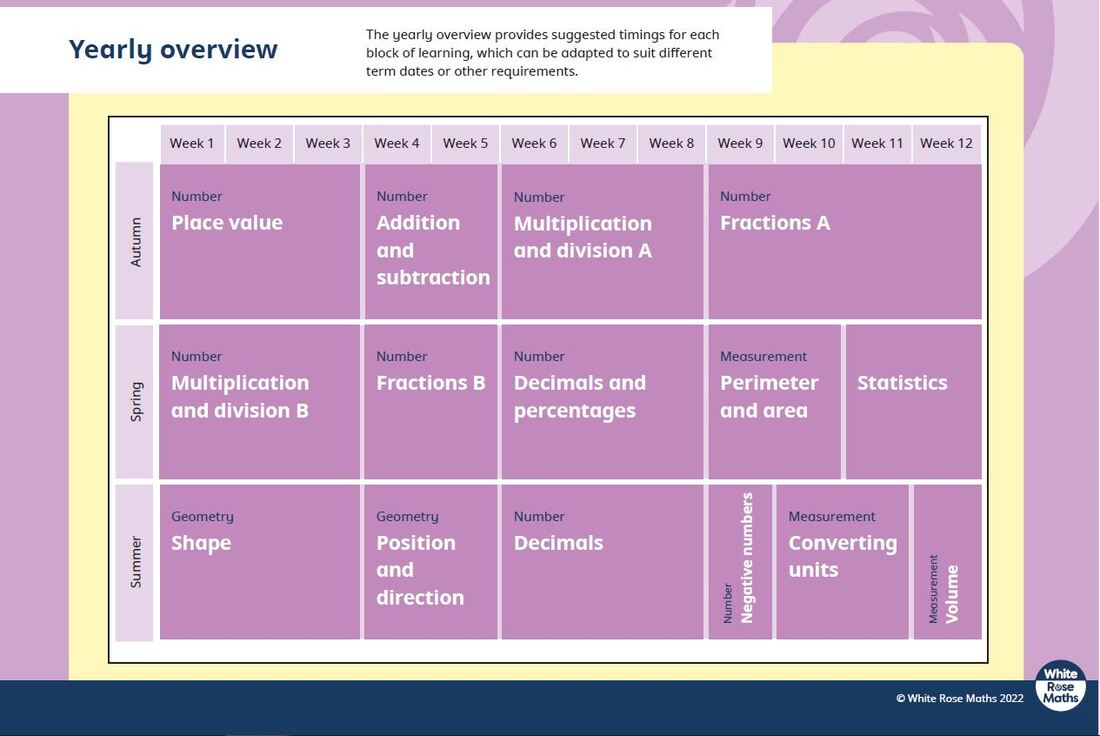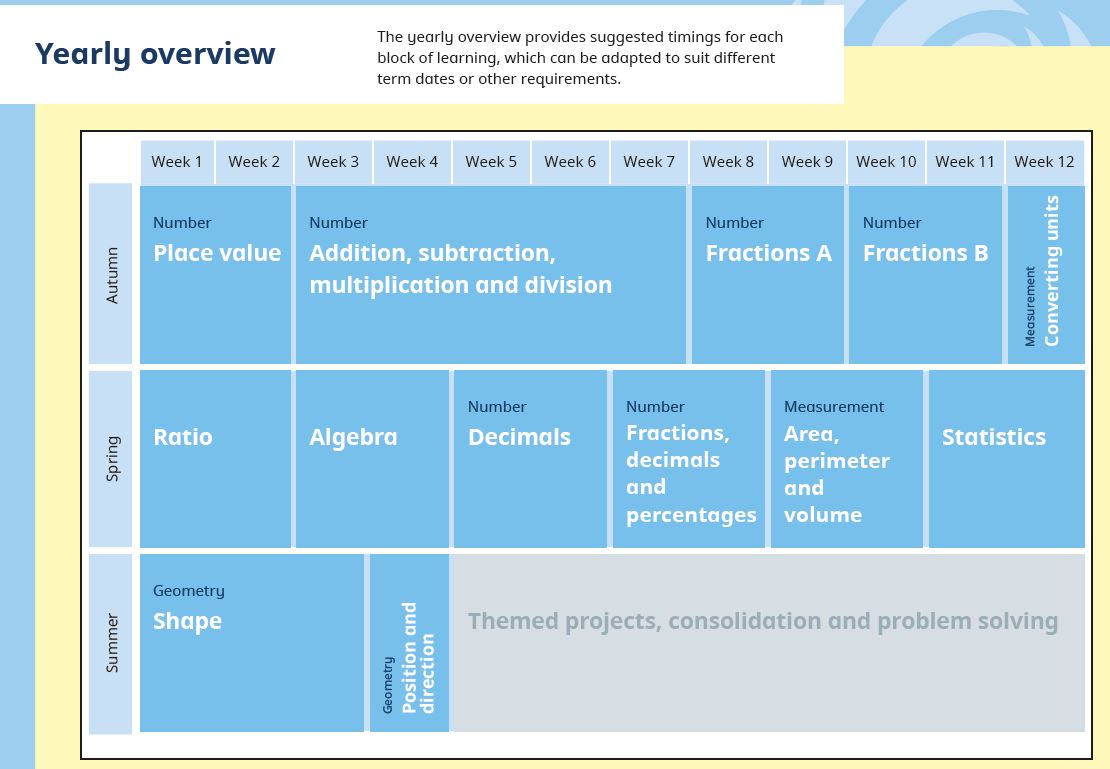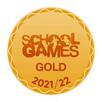Maths
Intent
At Iver Village Junior School, maths is an essential aspect of our curriculum. We aim to ensure our maths teaching inspires a love for learning and equips all pupils with the necessary knowledge, skills and understanding to succeed in the next steps of their education as well as life beyond school. We firmly believe that, with the right support, all pupils can be successful mathematicians. We consider our role as teachers of primary mathematics to be essential in ensuring all pupils are equipped with the depth of understanding that provide solid foundations for future learning, both within our school and beyond.
Through careful curriculum planning and the identification of opportunities to apply their skills and knowledge, pupils develop an appreciation of the importance of maths within our day to day life. Our maths curriculum is designed to support pupils in discovering key concepts, developing fluency with numbers and using and applying their learning to a range of problems. We take a ‘small steps’ approach which aims to build understanding logically across lessons as well as between year groups. With an emphasis on fluency, we aim to ensure all pupils are confident learners in maths and have the necessary knowledge at their disposal in order to reduce the cognitive load when using and applying their understanding.
We aim to instil in our pupils the importance of the mathematical process over the answers and encourage and praise the hard work and dedication of our pupils in the face of challenges. It is our ethos that all pupils are able to achieve within maths and value mistakes as well as success. All pupils are encouraged to respond to questions in full sentences and give a justification for their answer.
IVJS, we know that teaching for mastery in primary mathematics is underpinned by the core value that all pupils can be successful mathematicians who enjoy learning. Through the careful design of the maths curriculum and individual lessons, all pupils are supported by teachers who ensure that they are actively engaged in their learning and are supported to build on their prior understanding, make connections and spot patterns. We firmly believe that all pupils can achieve in maths, through effective support and carefully considered, adaptive teaching all pupils are able to develop their skills and understanding, at a level appropriate and personal to them.
To achieve this, we use resources from the NCTEM, including the curriculum prioritisation documents, resources from The White Rose Scheme of Learning supplemented by PiXL resources and Key Stage exemplars to ensure our curriculum is planned coherently, lessons are designed appropriately to support all pupils to achieve a depth of understanding of the National Curriculum.
Through careful curriculum planning and the identification of opportunities to apply their skills and knowledge, pupils develop an appreciation of the importance of maths within our day to day life. Our maths curriculum is designed to support pupils in discovering key concepts, developing fluency with numbers and using and applying their learning to a range of problems. We take a ‘small steps’ approach which aims to build understanding logically across lessons as well as between year groups. With an emphasis on fluency, we aim to ensure all pupils are confident learners in maths and have the necessary knowledge at their disposal in order to reduce the cognitive load when using and applying their understanding.
We aim to instil in our pupils the importance of the mathematical process over the answers and encourage and praise the hard work and dedication of our pupils in the face of challenges. It is our ethos that all pupils are able to achieve within maths and value mistakes as well as success. All pupils are encouraged to respond to questions in full sentences and give a justification for their answer.
IVJS, we know that teaching for mastery in primary mathematics is underpinned by the core value that all pupils can be successful mathematicians who enjoy learning. Through the careful design of the maths curriculum and individual lessons, all pupils are supported by teachers who ensure that they are actively engaged in their learning and are supported to build on their prior understanding, make connections and spot patterns. We firmly believe that all pupils can achieve in maths, through effective support and carefully considered, adaptive teaching all pupils are able to develop their skills and understanding, at a level appropriate and personal to them.
To achieve this, we use resources from the NCTEM, including the curriculum prioritisation documents, resources from The White Rose Scheme of Learning supplemented by PiXL resources and Key Stage exemplars to ensure our curriculum is planned coherently, lessons are designed appropriately to support all pupils to achieve a depth of understanding of the National Curriculum.
There are three main aims in the curriculum for Maths. They are: Fluency, Reasoning and Problem Solving.
Fluency
Pupils are supported in developing procedural fluency in using the fundamentals of mathematics in a variety of situations and problems. They are taught to make links between numbers and use this knowledge to assist them in tackling more complex calculations over time. Arithmetic based starters are used at the beginning of each Maths lesson ensure that pupils practise the ability to recall and apply their knowledge rapidly and accurately, developing automaticity.
In addition, pupils are taught one arithmetic lesson per week, in which they complete an arithmetic test and are taught explicit arithmetic skills. These tests are carefully assessed by their class teacher and used to inform future planning and maths starters.
Times Tables:
We understand that in order for pupils to become fluent in the fundamentals of Maths, they need to have a secure knowledge of their multiplication tables as well as the ability to recall these accurately and quickly. Across the school, we support pupils’ times table fluency using Times Table Rock Stars, Times Table Mastery League and Cracking Times Tables scheme. We hope that, in line with the National Curriculum expectations, by the end of Year 3, pupils are able to recall and use multiplication and division facts for the 3, 4 and 8 multiplication tables and by the end of Year 4, pupils should be able to recall and use multiplication and division facts for all multiplication tables up to 12 x 12. Pupils times table fluency is assessed at the end of year 4 by the National Multiplication Check and as a school we use this data to inform our planning and provision for supporting multiplication fluency in Years 5 and 6.
Whilst we teach and practise multiplication tables during Maths lessons, we also encourage all pupils to rehearse their multiplication and related division facts regularly at home. They can do this using resources provided by IVJS such as: Times Table Rock Stars, Cracking Times Tables and Times Table Mastery League templates.
In addition, pupils are taught one arithmetic lesson per week, in which they complete an arithmetic test and are taught explicit arithmetic skills. These tests are carefully assessed by their class teacher and used to inform future planning and maths starters.
Times Tables:
We understand that in order for pupils to become fluent in the fundamentals of Maths, they need to have a secure knowledge of their multiplication tables as well as the ability to recall these accurately and quickly. Across the school, we support pupils’ times table fluency using Times Table Rock Stars, Times Table Mastery League and Cracking Times Tables scheme. We hope that, in line with the National Curriculum expectations, by the end of Year 3, pupils are able to recall and use multiplication and division facts for the 3, 4 and 8 multiplication tables and by the end of Year 4, pupils should be able to recall and use multiplication and division facts for all multiplication tables up to 12 x 12. Pupils times table fluency is assessed at the end of year 4 by the National Multiplication Check and as a school we use this data to inform our planning and provision for supporting multiplication fluency in Years 5 and 6.
Whilst we teach and practise multiplication tables during Maths lessons, we also encourage all pupils to rehearse their multiplication and related division facts regularly at home. They can do this using resources provided by IVJS such as: Times Table Rock Stars, Cracking Times Tables and Times Table Mastery League templates.
Reasoning
We teach pupils to be able to use their knowledge and apply it to a variety of contexts, encouraging them to explain their answers fully to ensure they have really understood the process. In order for them to do this, a big emphasis is put on the learning of the correct mathematical vocabulary. Pupils are encouraged to articulate their thoughts, and justify and prove their answers using the correct vocabulary. In addition, pupils are supported in articulating their understanding through the use of stem sentences which are modelled and encouraged by class teachers. This helps pupils to explain their mathematical thinking and justify their mathematical reasoning. Teachers emphasise the importance of the 'why' (mathematical thinking) as well as the 'how' (procedural fluency) and achieving the correct answer.
Problem Solving
Pupils use the number and calculation skills they have learnt to solve a range of problems in different contexts such as: money, measures and time. They are taught to tackle the problem in a methodical way in order to reach the answer. We expose our pupils to practical puzzles as well where they work with their peers to come to a solution. Pupils will engage in an element of problem solving in every maths lesson.
